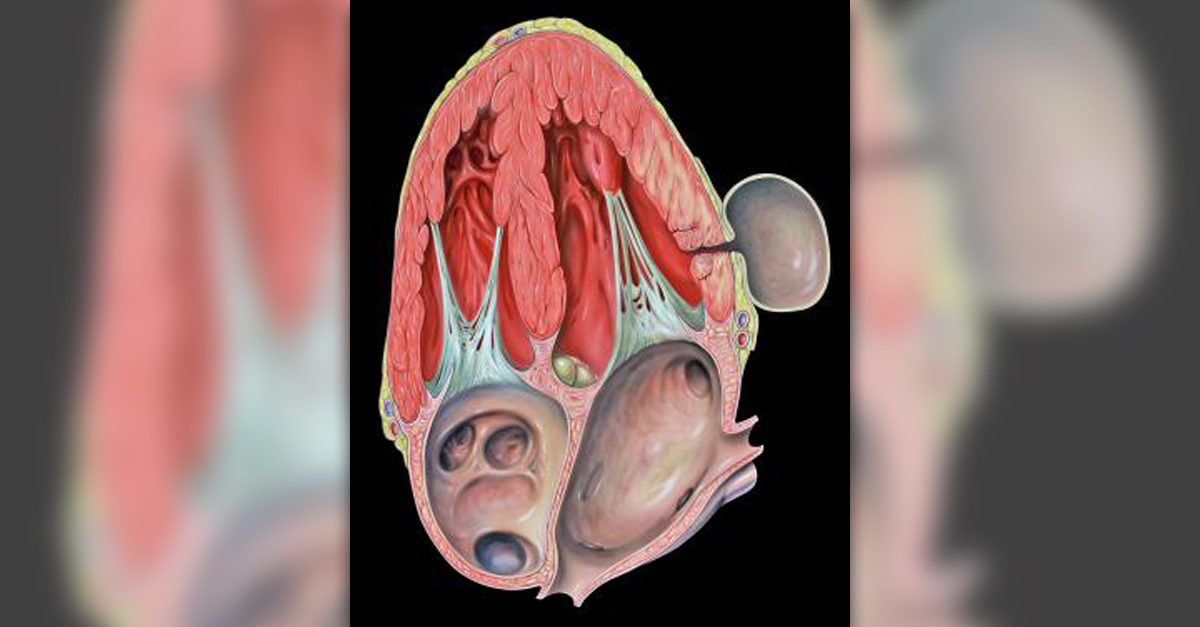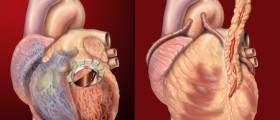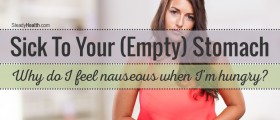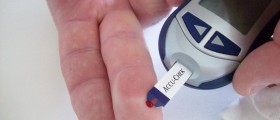
Although a fairly common occurrence that is mostly harmless, having heart palpitation after a meal can be quite disconcerting for some people. Concerns arise if the condition is worsened in any way, and can become a serious problem. Palpitations of the heart are when it feels as if the heart is beating too vigorously or is fluttering. This happens to some people during or immediately after certain meals, particularly if the person is overweight or vastly underweight.
Why is it Considered Normal?
When the stomach is digesting a meal, it requires more blood than normal. The heart can therefore beat faster in order to keep up with the demand, which sometimes causes the heart to palpitate.
Symptoms that can relate to these heart palpitations include fatigue, nausea or dizziness after the meal, pain in the chest and head, perspiration, shallow breathing, yawning or intestinal pain.
Causes of Heart Palpitations after Eating
There are a variety of possible causes or root problems that can lead to heart palpitations after a meal, including hormonal and psychological fluctuations.
Eating a large meal after not eating for a long time can cause these palpitations due to the sudden huge jump in the person's blood sugar level. This can lead to cardiac arrhythmia and eventual heart palpitations. Hormonal imbalance, particularly in young women experiencing puberty transitioning, can also lead to an increased risk of palpitations, as well as sufferers of hyperthyroidism.
Several physical conditions can cause heart palpitations after eating, the most major and common of which being obesity. Generally, overweight people tend to have diets high in sugar and caffeine, which directly affects the blood sugar levels and stress levels. Also, their hearts need to work harder to pump the blood around the body due to the constriction of the blood vessels and veins.
More serious physical problems can be the cause of heart palpitations after eating, particularly issues such as hiatal hernias (which puts strain on the stomach and intestines, causing an increase in the blood pressure in order to compensate) and severe anemia (which causes heart palpitations, tiredness and lack of strength due to extremely low hemoglobin levels).
Stress is another major cause of heart palpitations in general, and because stress can cause many different problems in the body, patients will often exhibit other symptoms such as tiredness, intestinal pain and chest pain.
Treatment
There is no specific treatment for heart palpitations after eating, but there is some advice that can help. Consuming foods and drinks containing less sugar and caffeine is one of the first steps, as this directly affects the heart's performance. Regular meals throughout the day as opposed to fewer, much larger meals is preferable to combat heart palpitations, as the body does not ingest large amounts of energy too quickly. Cutting down on stress in one's daily life is advised to not only reduce the risk of heart palpitations, but to improve one's general well-being. Women should consider regular check-ups to keep an eye on hormone levels, as well as iron levels in the blood, since women are more prone to these problems. Regular exercise is also always a good thing.
- www.nhs.uk/conditions/heart-palpitations/
- www.betterhealth.vic.gov.au/health/conditionsandtreatments/heart-arrhythmias-and-palpitations
- Photo courtesy of Patrick J. Lynch by Wikimedia Commons: commons.wikimedia.org/wiki/File:Heart_pseudoaneurysm_a4c.jpg

















Your thoughts on this
Loading...